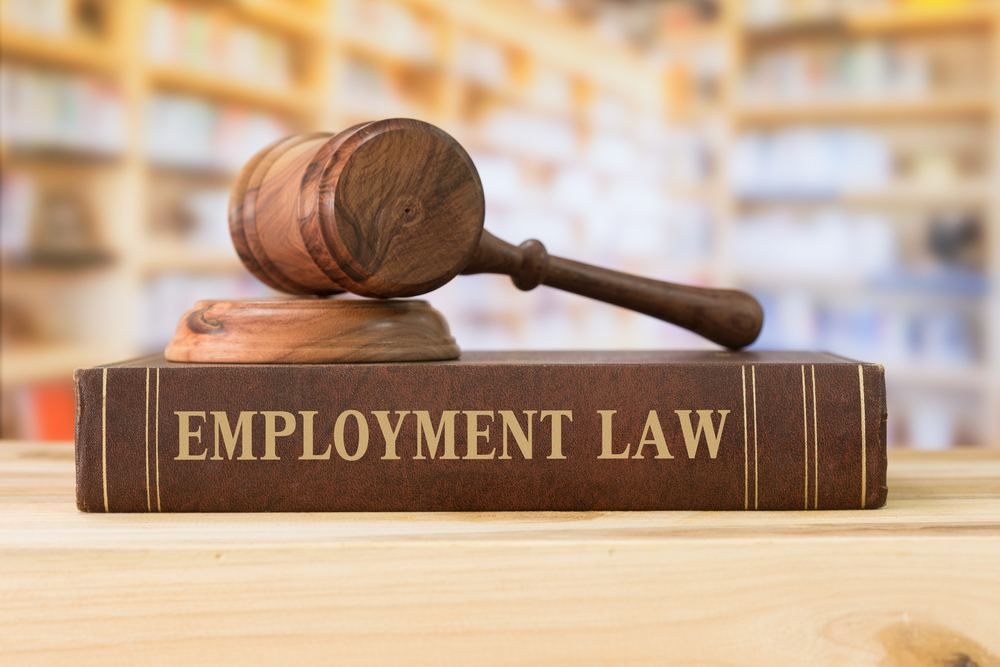The National Labor Relations Board (NLRB) recently affirmed it will continue to follow and enforce the long-established “contract-bar doctrine,” which provides unions with protection from ouster during most of a collective bargaining agreement’s (CBA) effective period.
How Contract-Bar Doctrine Works
Ahead of the Mountaire Farms, Inc. decision issued on April 21, 2021, the NLRB invited interested parties to file briefs about whether it should continue to follow the contact-bar doctrine or modify or discontinue its use altogether. Under the doctrine, a valid CBA is a bar to a representation petition filed during the agreement’s term for up to a maximum three-year period. While the bar is in effect, employees may not file a decertification petition asserting they no longer wish to be represented by the union.
As a corollary to the contract-bar doctrine, the Mountaire Farms decision additionally discussed an exception known as the “window period,” wherein a decertification petition may be filed (1) during the 30-day window that begins 90 days and ends 60 days before an agreement expires or (2) in the case of healthcare employers, during the 30-day window that begins 120 days and ends 90 days before contract expiration.
The contract bar has long been criticized by certain workers’ rights groups, including the National Right to Work Legal Defense Foundation. They allege the doctrine infringes on employees’ statutory right under the National Labor Relations Act (NLRA) to choose their bargaining representative, causing them to remain represented by a union the majority no longer wish to be a part of.
Conversely, contract-bar supporters have argued the period provides stability in the relationship between a union and management and promotes industrial peace, both of which the NLRB has long noted are underlying goals of the NLRA.
Maintaining the Status Quo
The petitioner in Mountaire Farms was a bargaining unit employee who wished to decertify the union as her unit’s exclusive representative. She filed the decertification petition within the contract-bar period but not within the applicable window period. When the petition was dismissed because of the contract bar, she appealed the decision and challenged the doctrine altogether.
Despite inviting briefs on the contract-bar doctrine’s validity moving forward, the NLRB found it properly barred the employee’s petition and held neither it nor the window period should be modified.
Interestingly, Board member William Emanual noted in a footnote he would have reduced the contract-bar period to two years and increased the window period to 60 days, although he didn’t explicitly dissent from the majority opinion. Nevertheless, he stated his proposed modifications “would strike a more appropriate balance between ‘the statutory goal of promoting labor relations stability’ and the Board’s ‘statutory responsibility to give effect to employees’ wishes concerning representation.'”
Takeaways for Employers
The contract-bar doctrine is long-standing and remains the law of the land, despite the NLRB calling its future into question in 2020 by inviting briefs about potential modifications. For employers, the recent decision provides a reminder that once a union is certified as the exclusive representative and a CBA is reached, the union is generally here to stay for the agreement’s duration.
Grant S. Gibeau is an attorney with Felhaber Larson in Minneapolis, Minnesota. You can reach him at ggibeau@felhaber.com.

